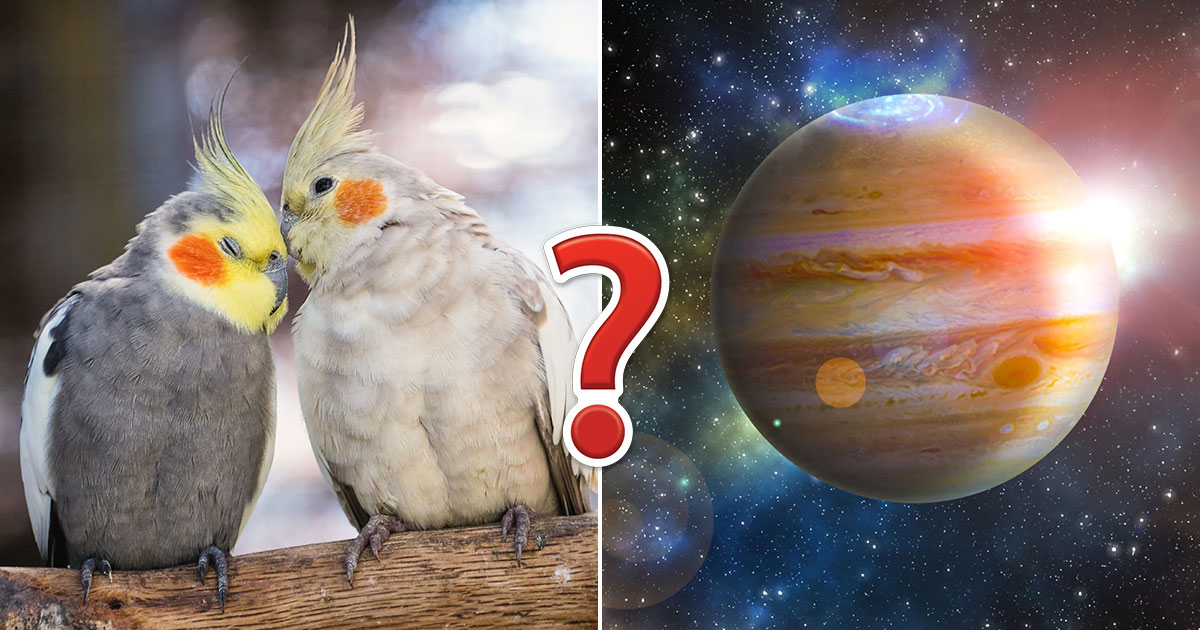
From the gravity that keeps our feet planted on the ground to the movement of the tides, the weather, and the skies above us, there is a vast treasure trove of knowledge in our shared experiences. Recalling specific details or facts related to the field of science can be a real challenge, even for inquisitive minds. When it comes to science, are you a top producer in this knowledge ecosystem or just a parasitic bottom-feeder?
One person's common sense is another person's enlightenment, and that's the beauty of knowledge. To help you on your quest for greater intelligence, here's a quiz to test the limits of your science knowledge. There's never a time where a quiz isn't a decent option for passing the time with friends and family. You will need a sky high IQ to score at least 75 percent on this difficult science quiz. Are you going to prove yourself to be a science guru or get lost along the way?
Enjoy Quizly? Upgrade to Premium for an ad-free experience and exclusive features.
Get PremiumThis Science Quiz Will Be Extremely Hard for Everyone Except Those With Seriously High IQ Questions
Which of these is NOT a state of matter?

Liquid
Gas
Solid
Wood
True or false: The human body is full of 'friendly' bacteria, with organisms on our skin and in our guts helping keep our bodies humming.

False
True
What is the most abundant periodic element in the Earth's atmosphere?

Phosphorus
Copper
Hydrogen
Nitrogen
If a doctor says you have ecchymosis, what have you got?

Bruise
Ear infection
Jaundice
Kidney stone
Which of the following did Isaac Newton assert about gravity?
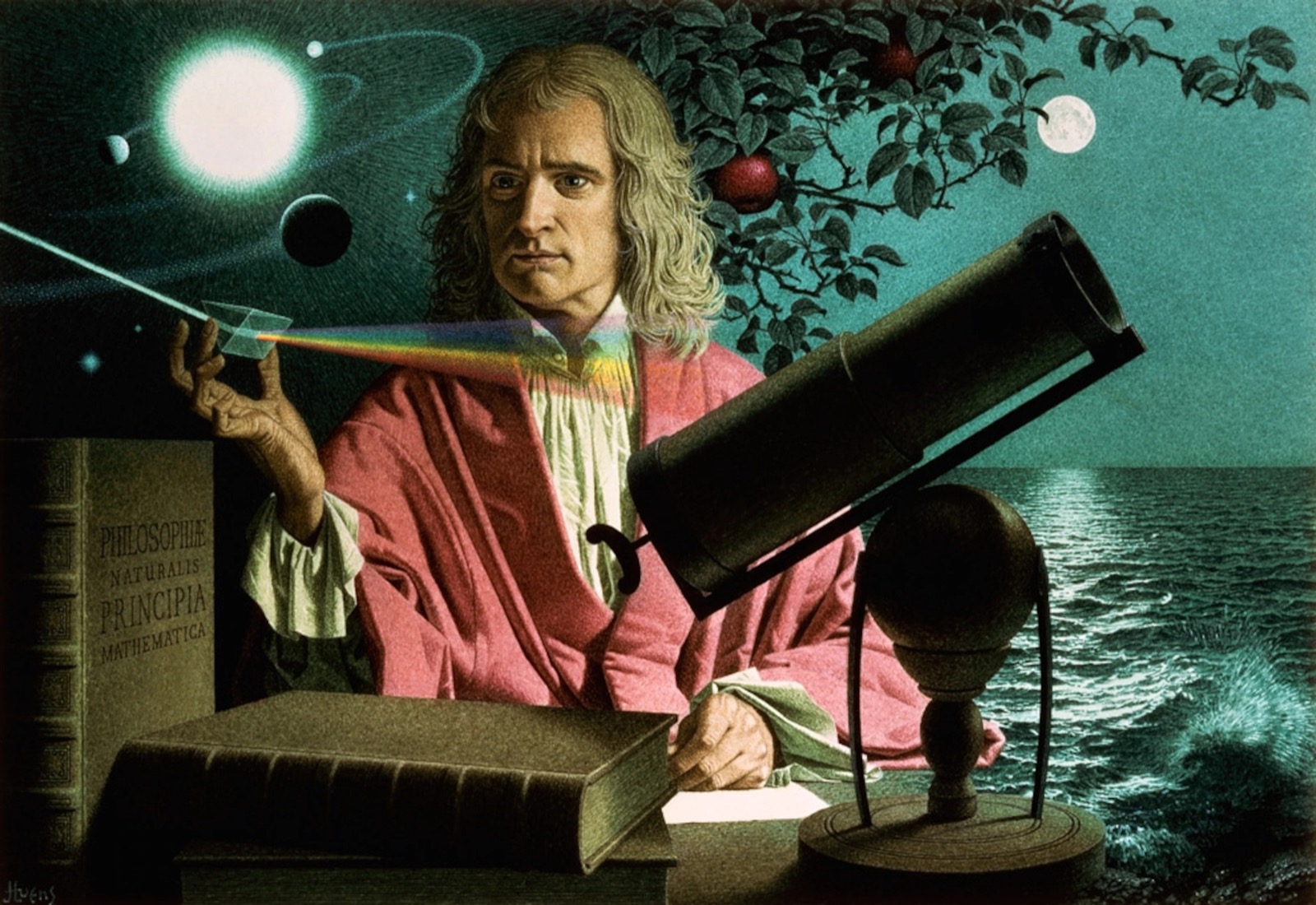
Feathers fall slower than ball bearings of the same weight because that's how gravity is.
Gravity is determined by the mass of an object.
Gravity is a form of magnetism.
Gravity is not a force in the traditional sense.
Who formulated the first heliocentric theory that was accepted by other scientists soon after its publication?
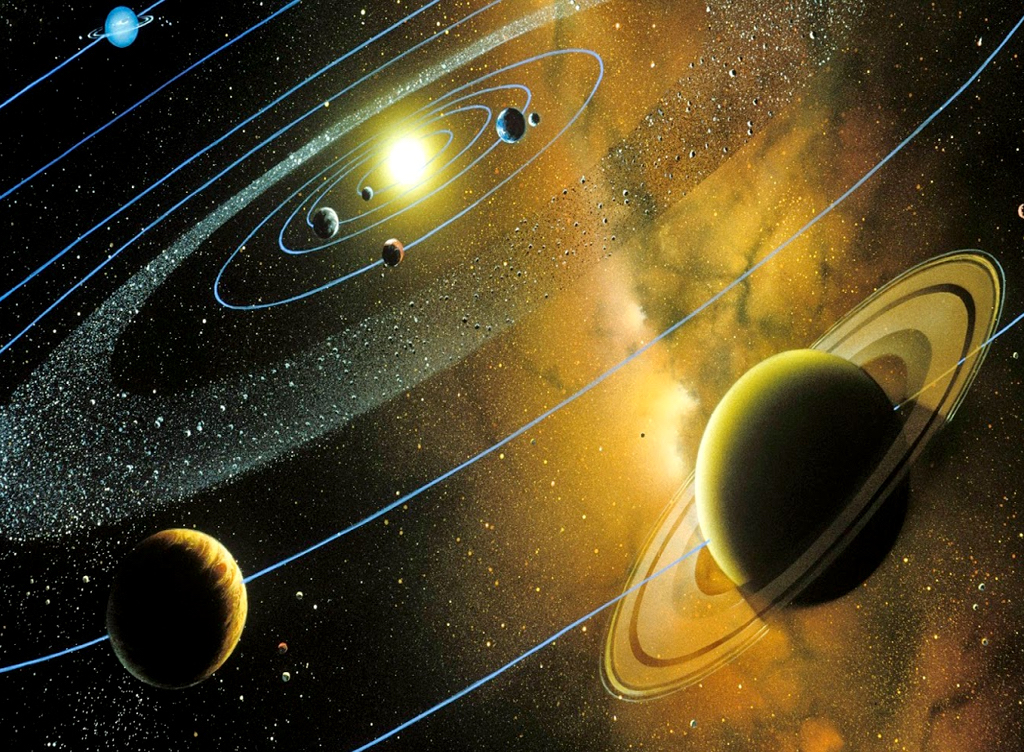
Albert Einstein
Nicolaus Copernicus
Claudius Ptolemy
Marie Curie
Which of these parrots can you find Down Under?

Crimson rosella
Cockatiel
Scarlet macaw
Lovebird
Galileo Galilei was an Italian astronomer who...

Developed the telescope
All of these
Discovered the four satellites of Jupiter
Discovered that the movement of a pendulum produces a regular time measurement
Who is most often credited with the discovery that lightning was a form of electricity, using a key?

Charles Darwin
Michael Faraday
Benjamin Franklin
Isaac Newton
How much blood is pumped by the human heart in a minute in a normal, healthy person?

0.5 liters
15 liters
2 liters
5 liters
Ornithology is the study of which creatures?

Spiders
Birds
Mammals
Fish
Here's the halfway point! The long-lived enormous storm system on the planet Jupiter that is visible from space is known as the Great ___ Spot.
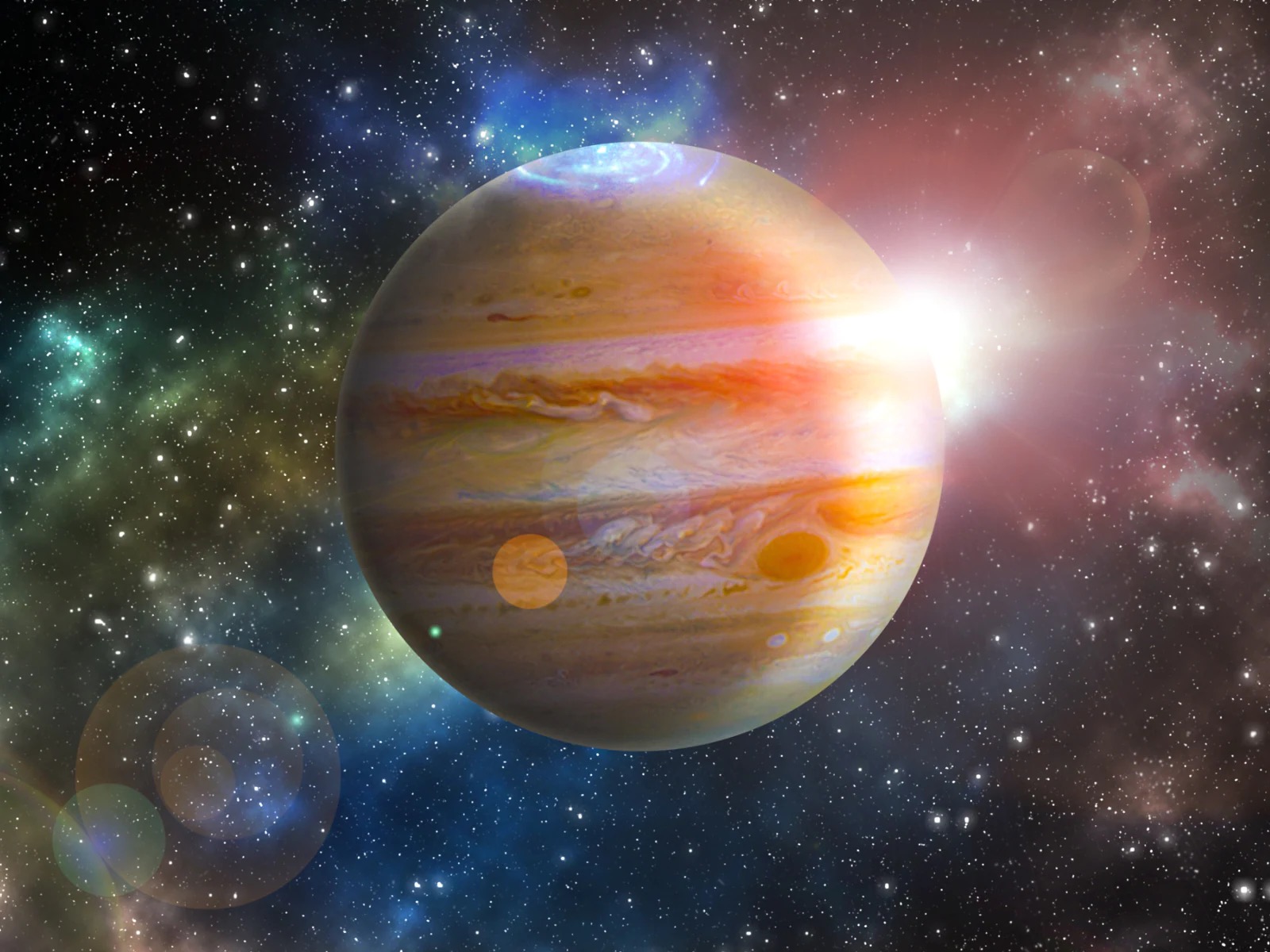
Yellow
Purple
Red
Orange
What is the approximate age of the Earth?

1 million years old
4.5 billion years old
100 billion years old
1 billion years old
In the human body, what is the name of the breastbone that connects to the ribs?
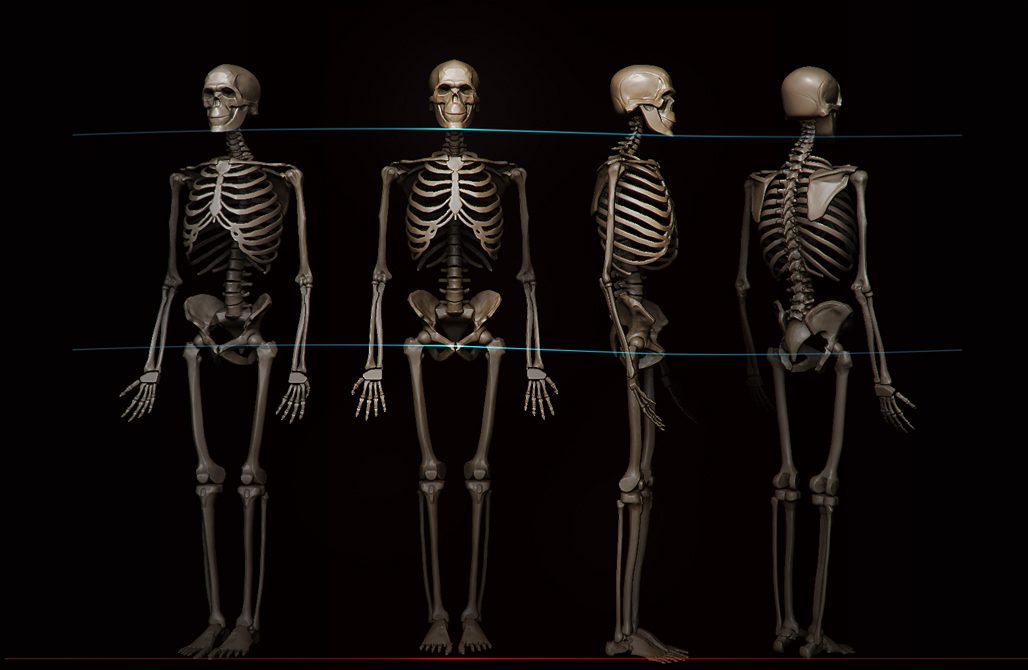
Scapula
Sternum
Tibia
Cranium
What is the medical term for bad breath?

Halitosis
Gingivitis
Ptamosis
Dendritis
True or false: In Einstein's famous formula E = mc², "m" stands for motion.

True
False
After the Big Bang, the universe was full of a bunch of space particles. How did the Earth form?

A large meteorite began perfectly orbiting the Sun.
Five asteroids smashed into each other.
Gravity pulled gases and particles together.
A piece of the Sun broke off.
What is the thighbone called?

Maxilla
Ulna
Radius
Femur
Which of these body parts is found in the nervous system?
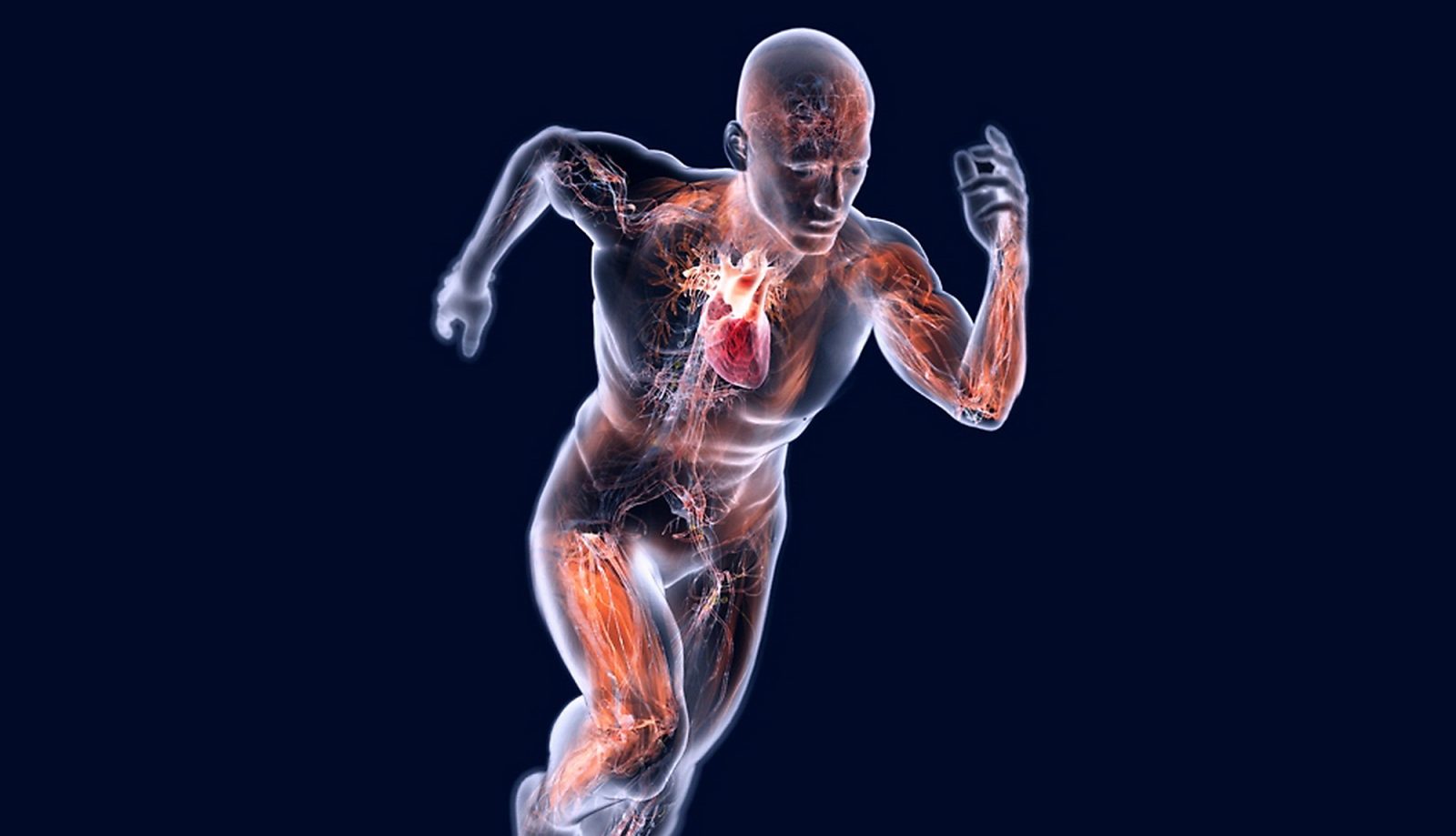
Achilles tendon
Ulna
Stomach
Spinal cord
Almost there, I promise. Which system in your body helps to fight infections?

Respiratory system
Endocrine system
Immune system
Lymphatic system
What's the name of this creature that migrates from Mexico to Canada in colonies of millions?

Monarch butterfly
Swallowtail butterfly
Hawk moth
Cicada
And here's the final question: where was The Manhattan Project primarily based?

Washington, D.C.
Honolulu
Indianapolis
Springfield

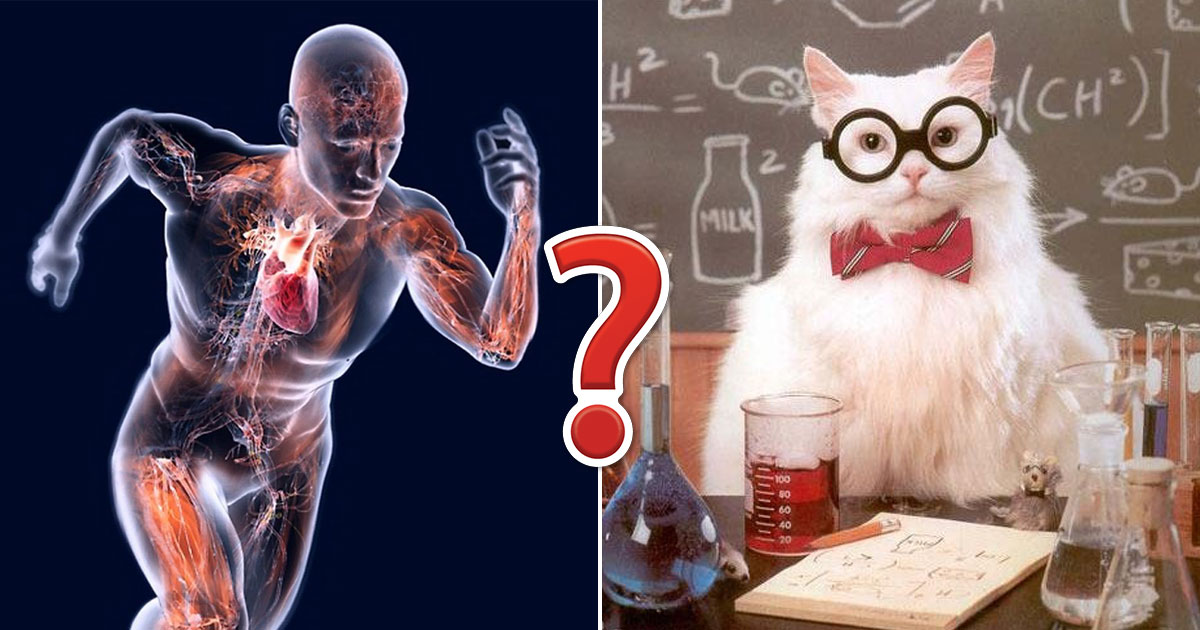
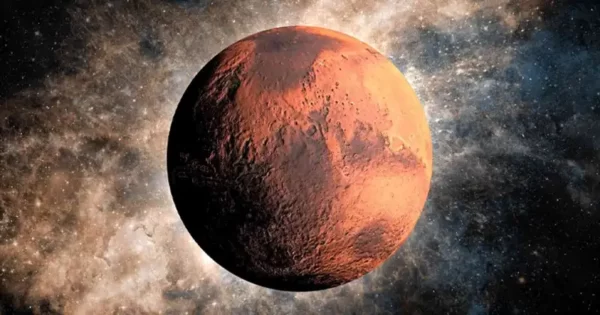
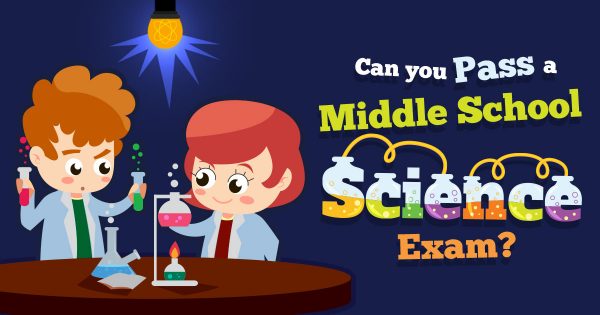

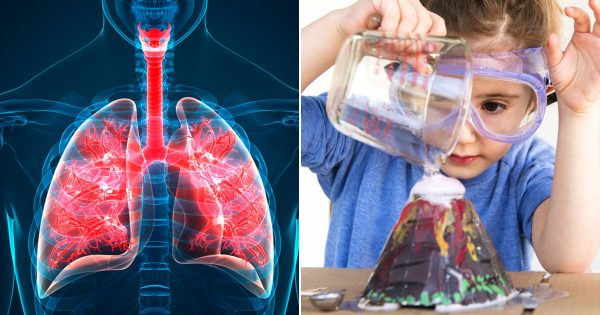

One Comment
I got 10 out of 22!
You are a science beginner! This whole quiz turned your brain inside out, didn’t it? Just try again and see what you can do.